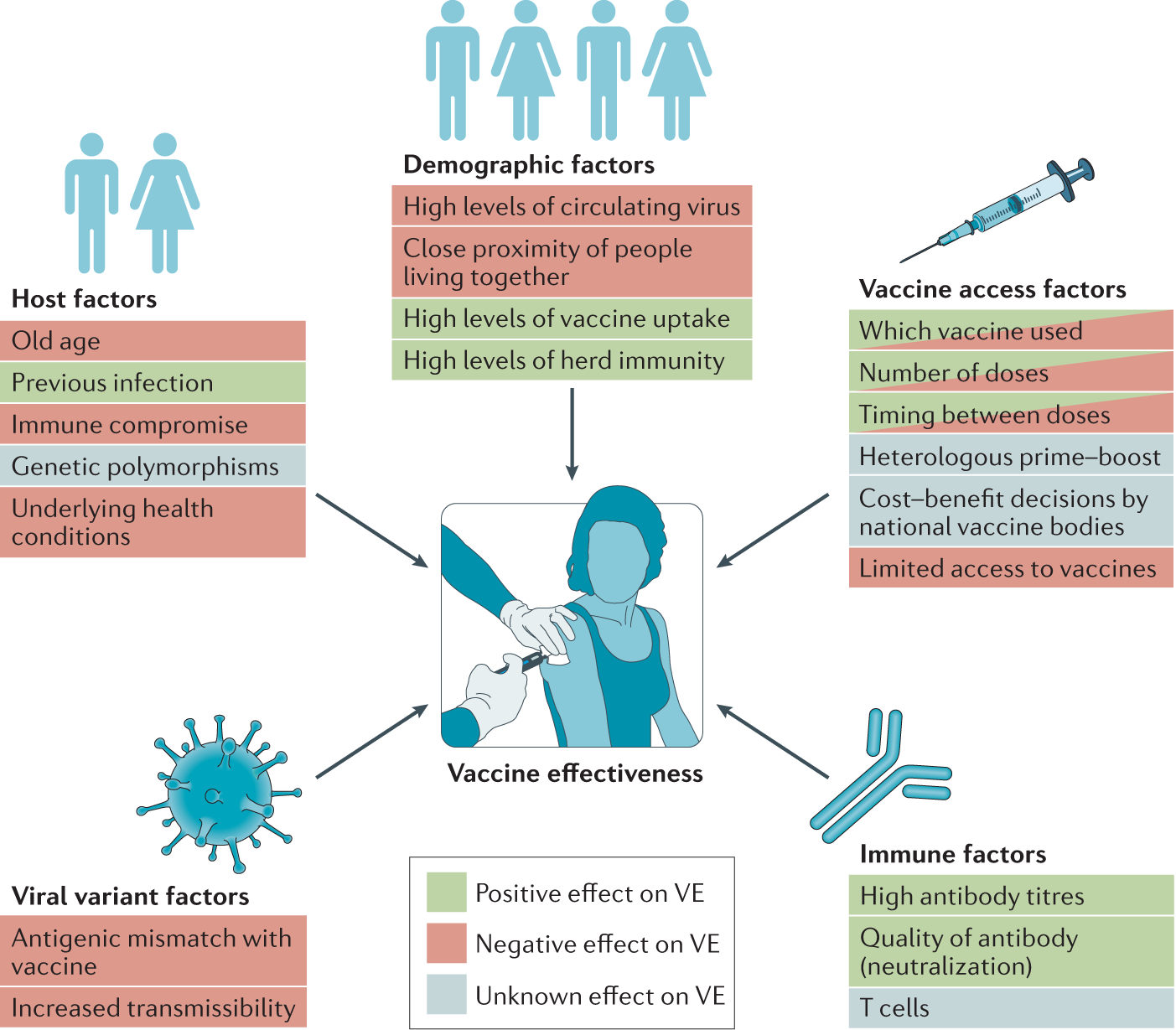
Assessing Epidemic Vaccination Campaign Effectiveness
Epidemic vaccination campaigns are crucial in preventing the spread of infectious diseases, but their success relies on thorough evaluation strategies. Let’s delve into the importance of assessing these campaigns and the methodologies employed to gauge their effectiveness.
1. Significance of Evaluation in Epidemic Vaccination Campaigns
Evaluating epidemic vaccination campaigns is essential to measure their impact on public health. Understanding the effectiveness of vaccination efforts helps identify strengths, weaknesses, and areas for improvement. This information is invaluable for policymakers, healthcare professionals, and public health organizations.
2. Measuring Vaccine Coverage Rates
One key aspect of evaluating vaccination campaigns is assessing vaccine coverage rates. This involves determining the proportion of the target population that has received the vaccine. High coverage rates are indicative of successful campaigns, ensuring a significant level of immunity within the community.
3. Monitoring Adverse Reactions
Alongside assessing coverage rates, monitoring adverse reactions is crucial. Safety is paramount in vaccination campaigns, and evaluating reported adverse events helps in ensuring the overall well-being of the vaccinated population. Rapid identification and response to any adverse reactions contribute to maintaining public trust in vaccination programs.
4. Examining Herd Immunity Levels
Herd immunity, achieved when a substantial portion of the population is immune to a disease, is a key goal of vaccination campaigns. Evaluating the level of herd immunity attained provides insights into the community’s resilience against the epidemic. This information guides ongoing vaccination strategies and informs future campaigns.
5. Analyzing Vaccine Effectiveness
Assessing vaccine effectiveness involves evaluating how well the vaccine prevents the targeted disease in real-world conditions. This includes analyzing data on the occurrence of the disease among vaccinated and unvaccinated individuals. Understanding vaccine effectiveness informs decisions on the need for booster doses or adjustments to vaccination schedules.
6. Examining Outreach and Communication Strategies
Effective communication is vital in vaccination campaigns. Evaluating outreach and communication strategies provides insights into the reach and impact of public awareness initiatives. This assessment helps refine messaging, target specific demographics, and improve overall campaign communication for future endeavors.
7. Utilizing Post-Campaign Surveys
Post-campaign surveys are valuable tools for obtaining direct feedback from the community. These surveys assess public awareness, attitudes, and the overall perception of the vaccination campaign. Insights gained from surveys guide improvements in communication and identify areas requiring additional attention in subsequent campaigns.
8. Incorporating Data Analytics for Insights
In the era of big data, leveraging analytics provides in-depth insights into vaccination campaign performance. Analyzing data on vaccine distribution, coverage, and demographic trends enables a comprehensive evaluation. Data-driven insights help refine strategies, allocate resources efficiently, and enhance the overall impact of vaccination efforts.
For the latest developments in Epidemic Vaccination Campaigns Evaluation, visit healthcares.my.id and stay informed about innovative approaches and methodologies in assessing the success of vaccination campaigns. Thorough evaluation not only ensures the effectiveness of current efforts but also lays the groundwork for more resilient and responsive strategies in future epidemic scenarios.














